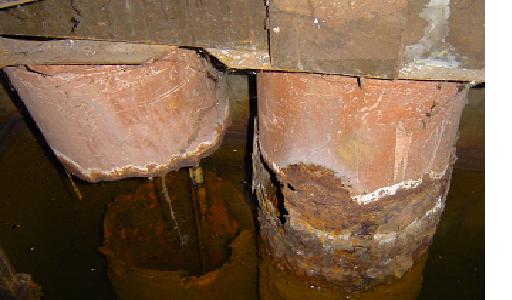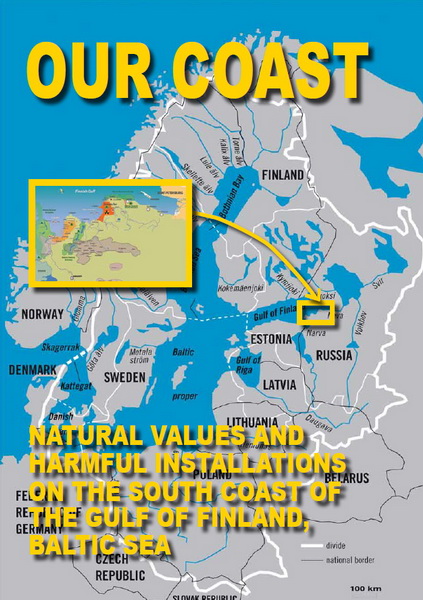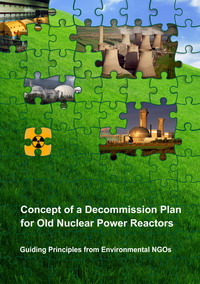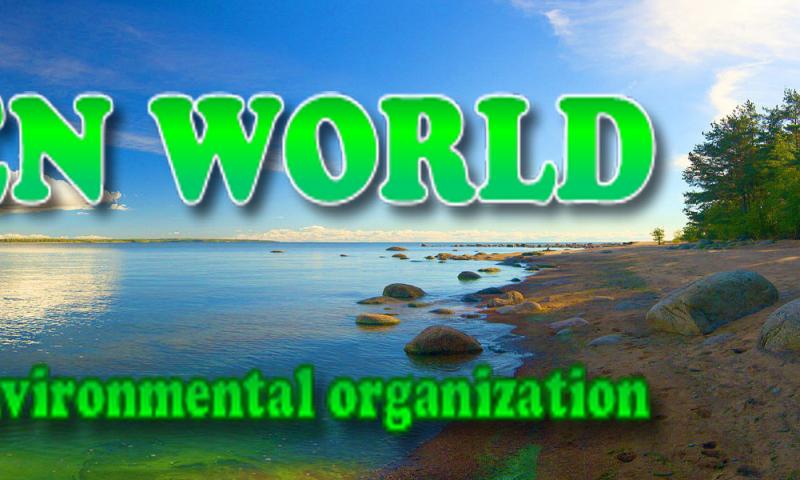 The RA Research Reactor is located at the Vinča Institute of Nuclear Sciences near Belgrade, Serbia. The reactor is a 6.5MWt, tank-type, heavy water moderated and cooled research reactor of Russian design which commenced operation in 1959. After being temporarily shutdown in 1984 for refurbishment, a final shutdown decision was made in 2002. At present, operations are underway to safely remove and repatriate the spent fuel to the Russian Federation (RF), as well as to improve radioactive waste management and plan for decommissioning. As a major activity within the Vinča Institute Nuclear Decommissioning (VIND) Program, the repatriation of over 8,000 fuel elements containing 2.5 tons of uranium metal will significantly reduce nuclear proliferation and environmental safety risks confronting the current facility. Poor water quality in the spent fuel storage basins and degraded fuel integrity significantly challenge efforts to repackage and transport the spent fuel. This paper will focus in the activities related to spent fuel repackaging and shipment, report on progress, detail significant challenges, and provide an overview of the fully integrated project.
The RA Research Reactor is located at the Vinča Institute of Nuclear Sciences near Belgrade, Serbia. The reactor is a 6.5MWt, tank-type, heavy water moderated and cooled research reactor of Russian design which commenced operation in 1959. After being temporarily shutdown in 1984 for refurbishment, a final shutdown decision was made in 2002. At present, operations are underway to safely remove and repatriate the spent fuel to the Russian Federation (RF), as well as to improve radioactive waste management and plan for decommissioning. As a major activity within the Vinča Institute Nuclear Decommissioning (VIND) Program, the repatriation of over 8,000 fuel elements containing 2.5 tons of uranium metal will significantly reduce nuclear proliferation and environmental safety risks confronting the current facility. Poor water quality in the spent fuel storage basins and degraded fuel integrity significantly challenge efforts to repackage and transport the spent fuel. This paper will focus in the activities related to spent fuel repackaging and shipment, report on progress, detail significant challenges, and provide an overview of the fully integrated project.







